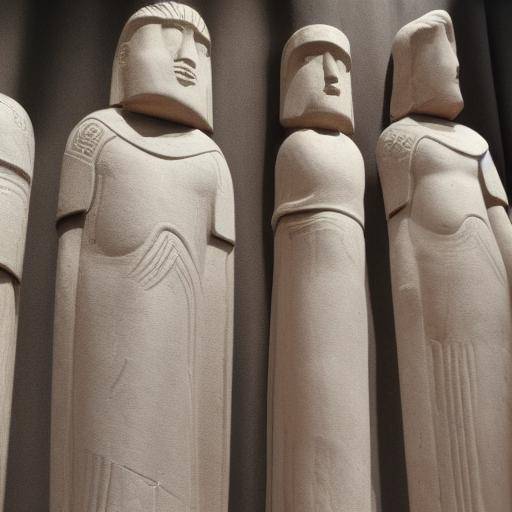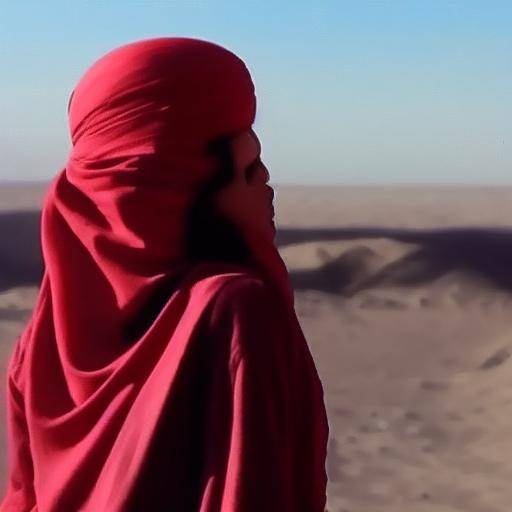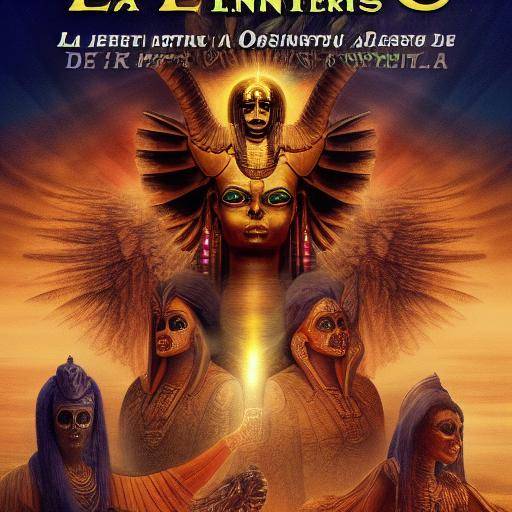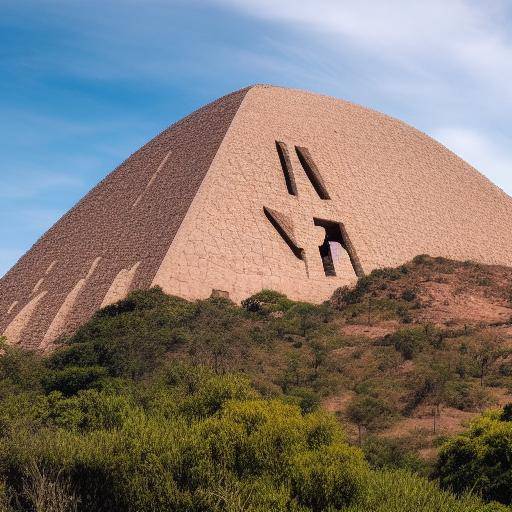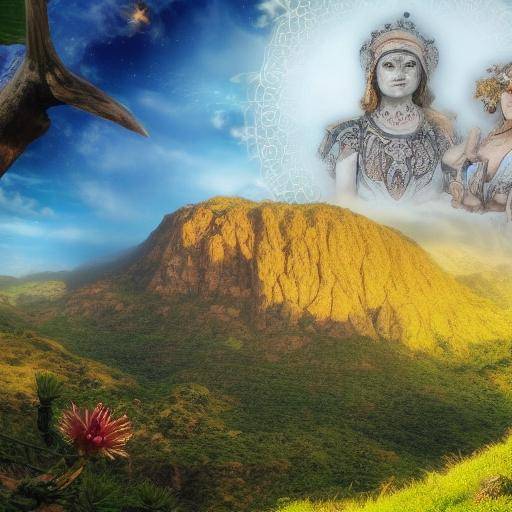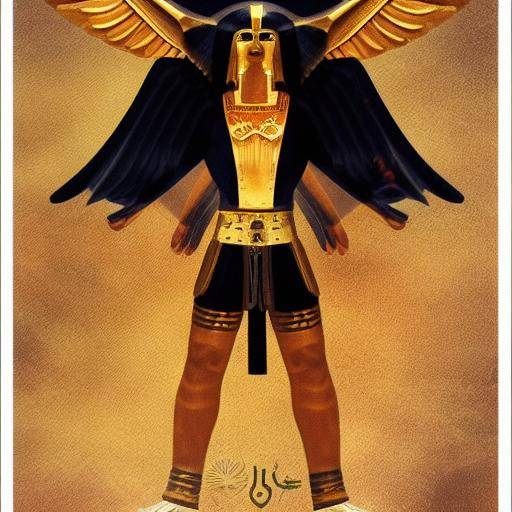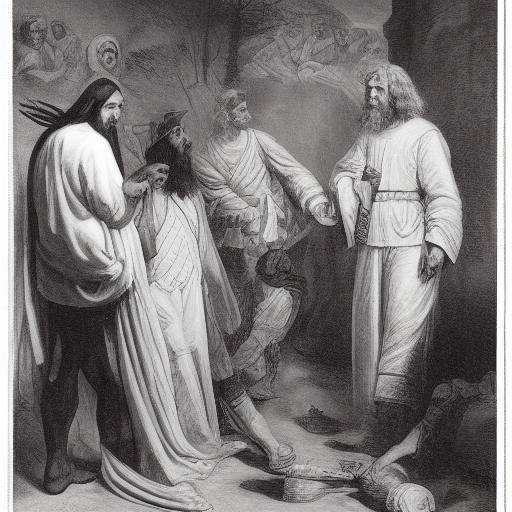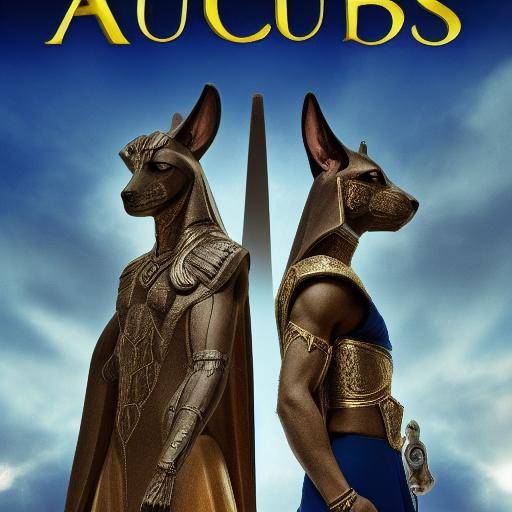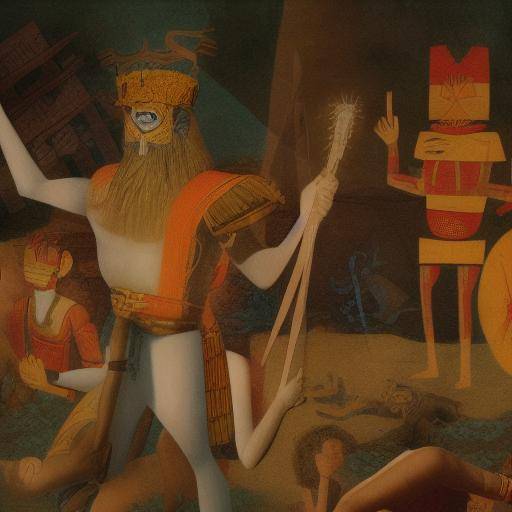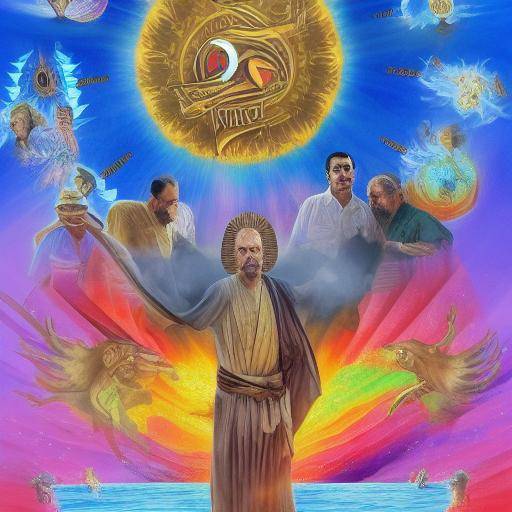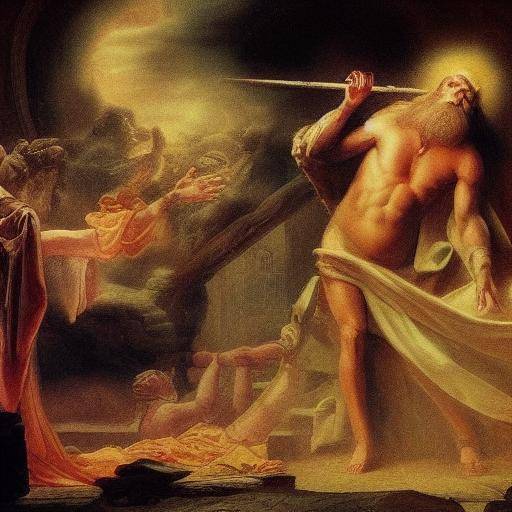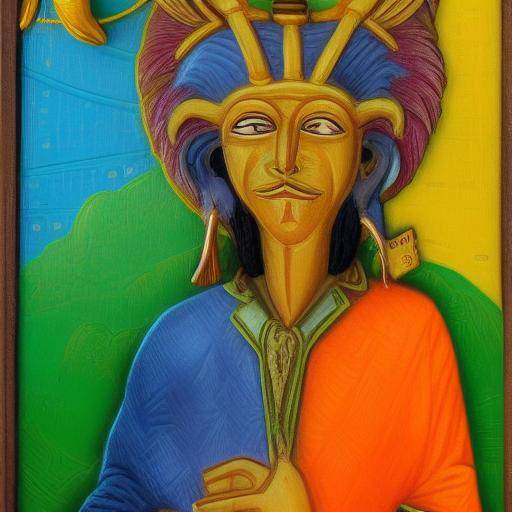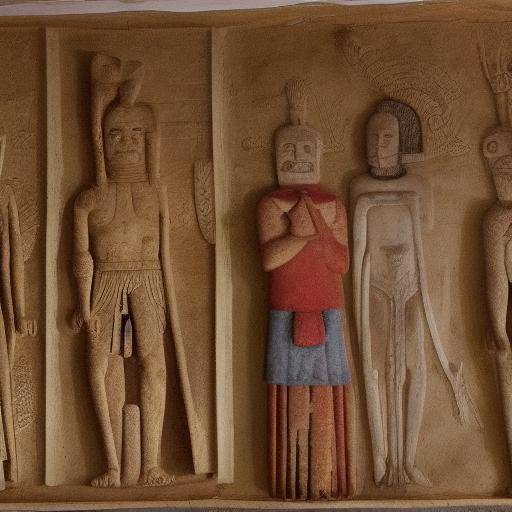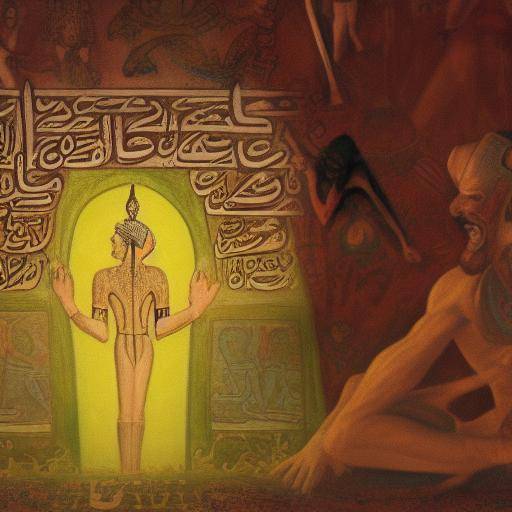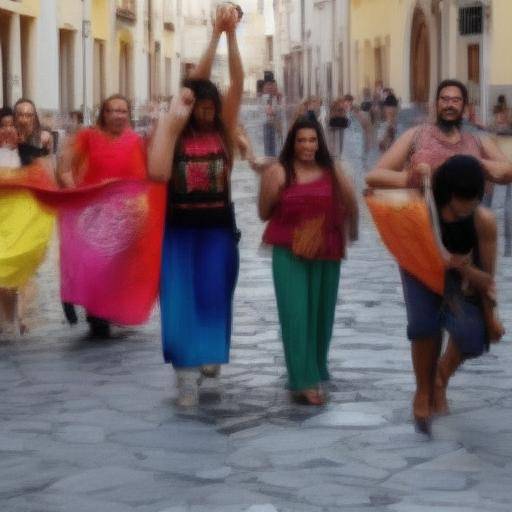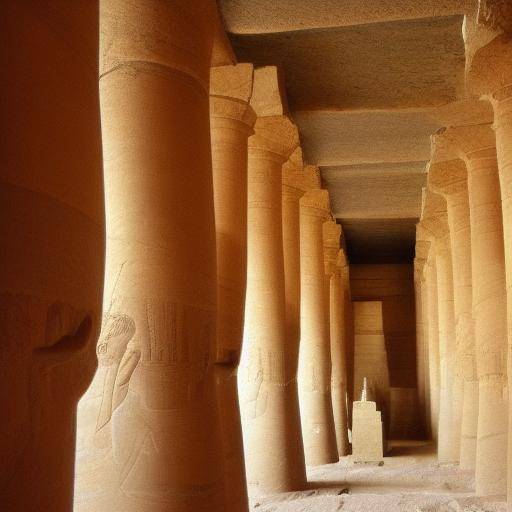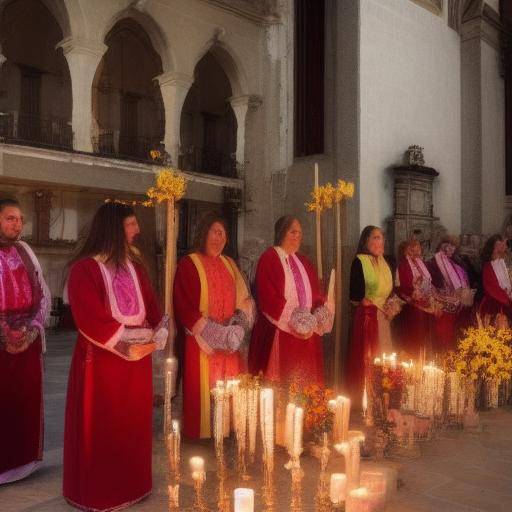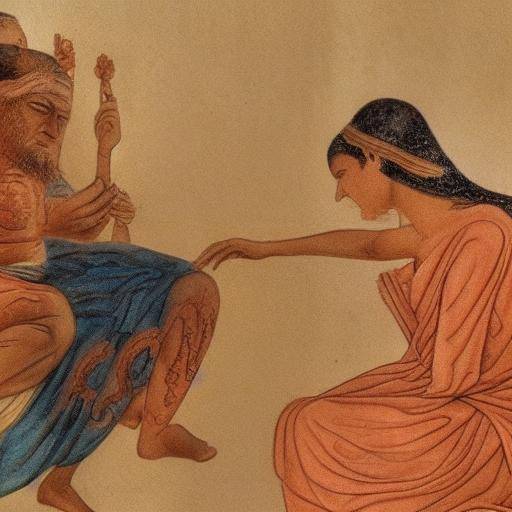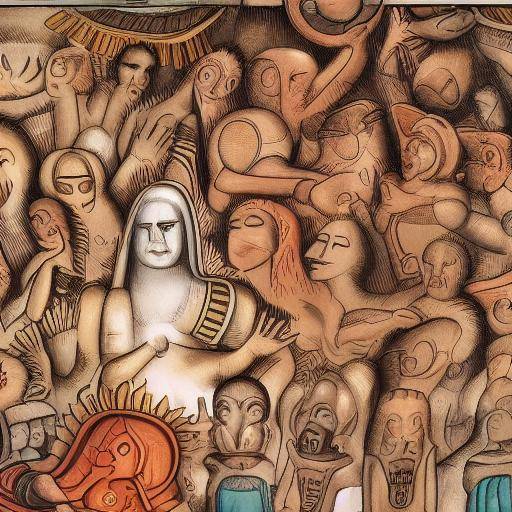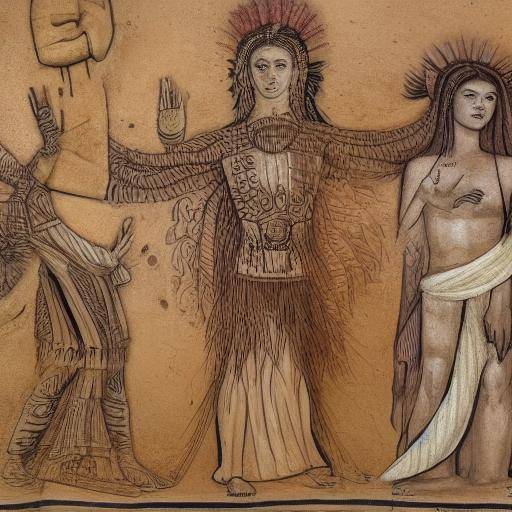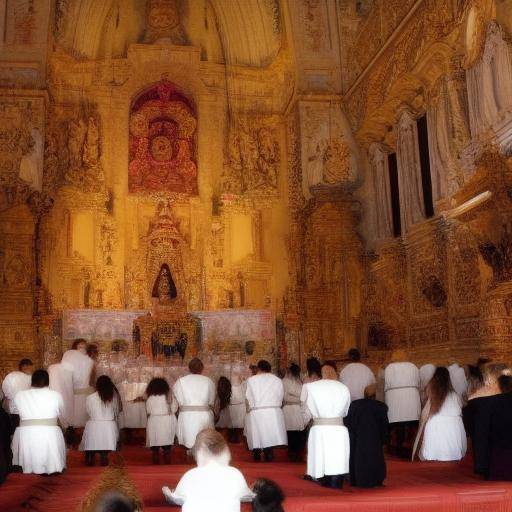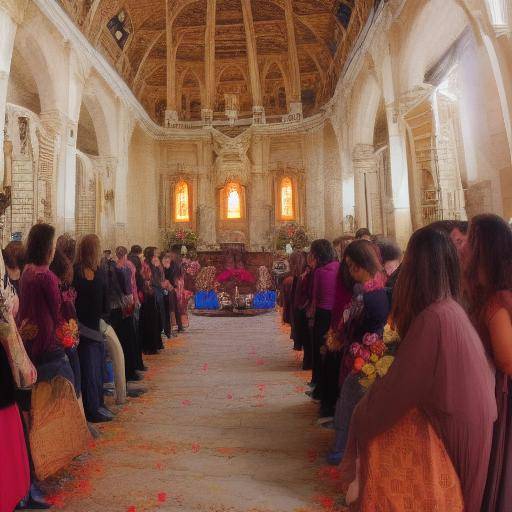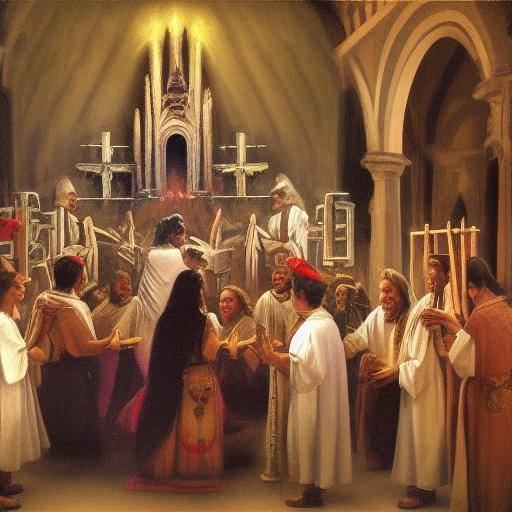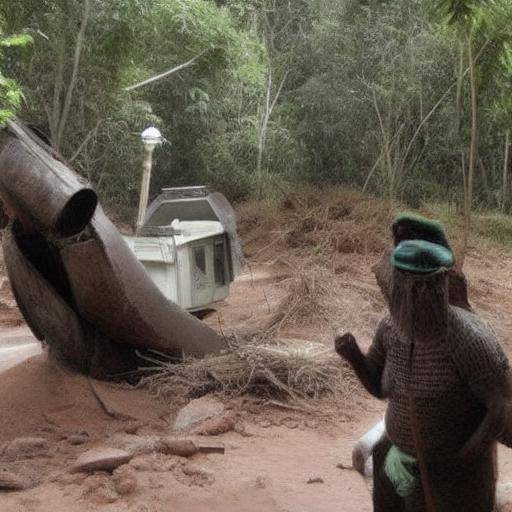
Introduction
In the exciting world of egyptology and archaeology, mystery and mysterious deaths have fascinated researchers and enthusiasts for centuries. In this article, we will explore the intriguing history of the so-called Tutankhamon curse, an enigma that has raised theories of faraonic revenge and inexplicable coincidences. From the discovery of the tomb of Tutankhamon to the peculiarities that surrounded those who were involved in their expedition, we will analyze in detail the facts, disputes and theories that have surrounded this enigma. Prepare to immerse yourself in the mysterious and enigmatic ancient Egypt, explore the relevance of archaeology in the revelation of secrets of the past, and discover whether the apparently related deaths are simply coincidences or possess a more enigmatic background.
Ancient Egypt and His Mercy Legacy
Ancient Egypt, the cradle of civilization, gave us a monumental legacy full of puzzles and mysteries to unveil. From the majestic pyramids to the hidden treasures in the royal tombs, this country has exercised an inexhaustible fascination over archaeologists and fans. Its intricate hieroglyphics and majestic buildings transport us to times and unknown traditions, awakening curiosity and awe. Egyptians, for their part, have played a fundamental role in deciphering these mysteries, using the tools of archaeology to reconstruct the history of one of the most fascinating civilizations in the world.
The Discovery of the Tomb of Tutankhamon
In 1922, British archaeologist Howard Carter made a discovery that shocked the world: the tomb of Tutankhamon, a little-known pharaoh whose incredible treasures revealed unprecedented wealth and beauty. However, this amazing discovery was accompanied by disturbing rumors about a supposed curse that struck those who dared to disturb the eternal rest of the young Pharaoh. Coincidence or ultratumba revenge?
The Curse of Tutankhamon: Reality or Fiction
The Tutankhamon curse has fed numerous theories and speculations, some based on disturbing events surrounding the discovery of the grave. Cases of mysterious deaths have been documented among the members of the expedition team, as well as strange circumstances that seemed to challenge logic. Was these events just fortuitous tragedies or was there a supernatural force at stake?
Exploring Theories and Disputes
From conspiracy theories to scientific explanations, the possible reasons behind the deaths related to the discovery of Tutankamon's grave have generated a passionate debate in the archaeological community. Some suggest that coincidence explains the tragedies, while others argue that forces beyond our understanding were at stake. Can we decipher the true nature of these enigmatic events?
Conclusions and Reflections
As we immerse ourselves in the depths of Egypt's history, archaeology and mysterious deaths, we face an enigma that has challenged logic and reason. Although we cannot reach a definitive conclusion, the history of Tutankhamon and his supposed curse reminds us of the mystery and wonder that still awaits in the heart of the past. Archaeology, with its ability to unravel ancient secrets, offers us the possibility of enlightening them dark corners of ancient history and understanding the forces that shaped the fate of lost civilizations. Finally, it is our duty to explore, question and reflect on these puzzles, recognizing that sometimes the truth can be more strange than fiction.
Frequently asked questions
What is the importance of archaeology in the study of the history of Egypt?
Archaeology plays a crucial role in the study of Egyptian history by providing tangible evidence of cultural practices, social and political organization, technology, religion and other aspects of life in ancient Egypt. Through excavations and analysis of artifacts, archaeology contributes significantly to our understanding of this ancient civilization.
Are there evidence to support the idea of a curse associated with the tomb of Tutankhamon?
Although unusual deaths have been documented among people who were involved in the discovery and opening of the tomb of Tutankhamon, scientific evidence does not support the existence of a supernatural curse. Instead, more plausible explanations are suggested for the tragic events surrounding some of the expedition team members.
How does Egypt contribute to demystifying the so-called Tutankhamon curse?
Egyptians, by meticulously analyzing archaeological findings and contextualizing them within the historical framework, can offer a grounded perspective on the mysteries and beliefs associated with the tomb of Tutankhamon. By unearthing the cultural and symbolic wealth of ancient Egypt, Egypt provides a more nuanced view of events related to discovery.
What are the implications of mysterious deaths in the field of archaeology?
Mysterious deaths related to archaeological expeditions, albeit rare, pose ethical and security challenges that need to be addressed responsibly. The safety of excavation teams and attention to conservation practices are crucial considerations for preventing tragedies and preserving cultural heritage.
How do popular beliefs influence the interpretation of historical events?
Popular beliefs can significantly influence the interpretation of historical events, as in the case of the Tutankhamon curse. Egyptians face the challenge of balancing respect for traditions and myths with a scientific and critical approach to their research and dissemination.
What lessons can we draw from the history of Tutankhamon and his supposed curse?
The history of Tutankamon and his supposed curse invites us to reflect on the persistence of myths and legends around archaeological discoveries, as well as on the complexity of interpreting historical events in the light of popular beliefs. In addition, it shows us the importance of addressing the past with a multidisciplinary and critical approach, challenging the simplistic narratives and exploring the multiple layers of meaning that make up our understanding of the past.
Ultimately, the riddle of the curse of Tutankhamon, whether it be pharaonic revenge or mere coincidence, urges us to maintain ar a spirit of inquiry and openness to the mysteries of ancient Egypt, archaeology and enigmatic forces that continue to challenge our understanding of the past. Through the rigorous study, critical reflection and respect for the historical legacy, we can continue to unravel the riddles that still await in the arenas of time.

